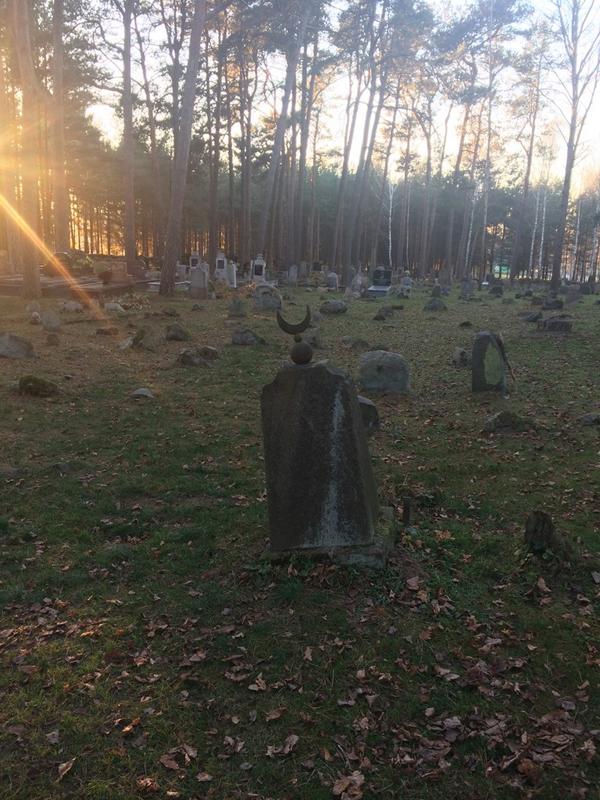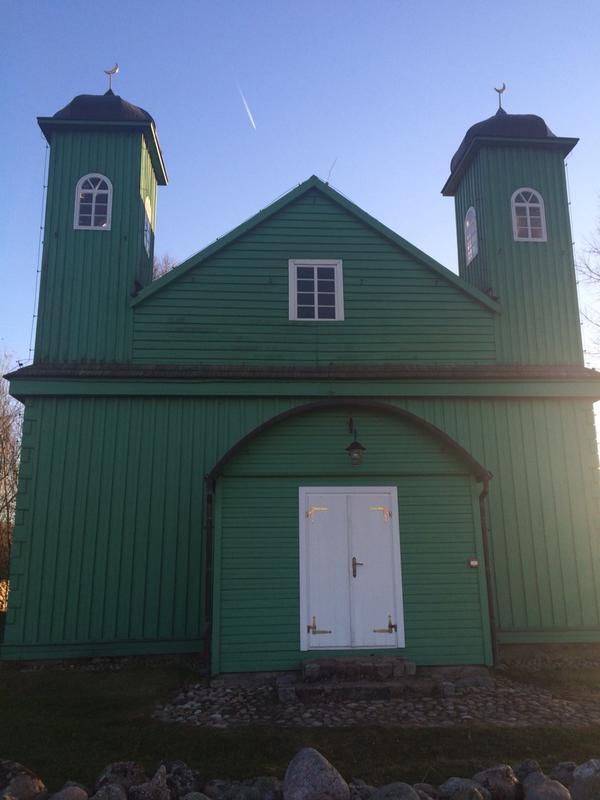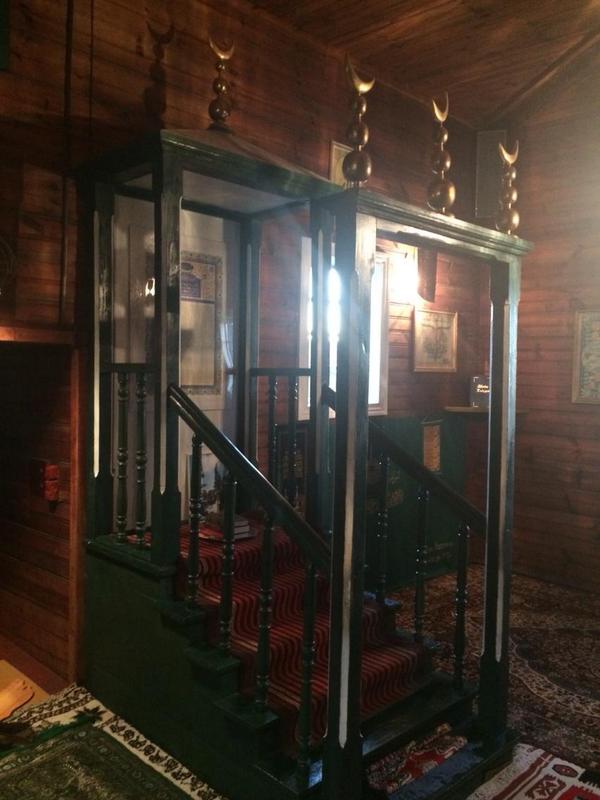All Faith Delegation Considers Going to Iran
Labour’s Barry Sheerman (Huddersfield) raised the idea of a possible all-faith delegation, saying: “If we want peace we have got to carry on speaking to the Iranians, and all of us who’ve been campaigning for the release of Nazanin Zaghari-Ratcliffe and the other prisoners held, believe that perhaps speaking at a level of faith, an all-faith delegation going to Iran at the present time to speak to the faith leaders in Iran might actually… would he support that sort of delegation visiting Iran?”
Mr Sheerman said he had spoken to the Archbishop of Canterbury and it could take place.
Mr Raab said: “We need to keep the diplomatic lines of communication open… I sympathise very much with the spirit of the idea of an all-faith diplomatic initiative. I think right at the moment he will have seen that we advise through our Foreign Office travel advice against travel to Iran and I think for the moment that’s probably the safest bet.”
Tory Tom Tugendhat, foreign affairs committee chairman in the last parliament, said: “Reaching out through friends in the region… would be a good avenue for making sure that Iran, not only comes back into the fold and frees people from this awful tyranny, but perhaps also gives up the policy of hostage taking that has not just taken Nazanin Zaghari-Ratcliffe away from her daughter, but many, many others and their families too.”
The post All Faith Delegation Considers Going to Iran appeared first on Faith Matters.
Categories: Archbishop of Canterbury, Barry Sheerman, Iran, Nazanin Zaghari-Ratcliffe, News




 There are 56 ‘Monuments of History’ in Poland which provide a national protected status to historical, cultural and religious monuments in the country. The two Tatar Muslim mosques in Kruzyniani and Bohiniki have protected status as Monuments in History.
There are 56 ‘Monuments of History’ in Poland which provide a national protected status to historical, cultural and religious monuments in the country. The two Tatar Muslim mosques in Kruzyniani and Bohiniki have protected status as Monuments in History. It is interesting to note that one of the first organised Muslim communities in the United States was a small Tatar community that emigrated from Poland in 1890. This small Tatar community built their mosques and maintained their heritage once again in the New World and with overwhelming odds stacked against them. A look at their first constitution which was lodged to register the organisation with the State of New York shows a list of names that are clearly Turkic and Polish in their origin, yet a picture of the first founding members also shows the Turkic genetic influences that are so evident in the Tatar community to this date.
It is interesting to note that one of the first organised Muslim communities in the United States was a small Tatar community that emigrated from Poland in 1890. This small Tatar community built their mosques and maintained their heritage once again in the New World and with overwhelming odds stacked against them. A look at their first constitution which was lodged to register the organisation with the State of New York shows a list of names that are clearly Turkic and Polish in their origin, yet a picture of the first founding members also shows the Turkic genetic influences that are so evident in the Tatar community to this date.